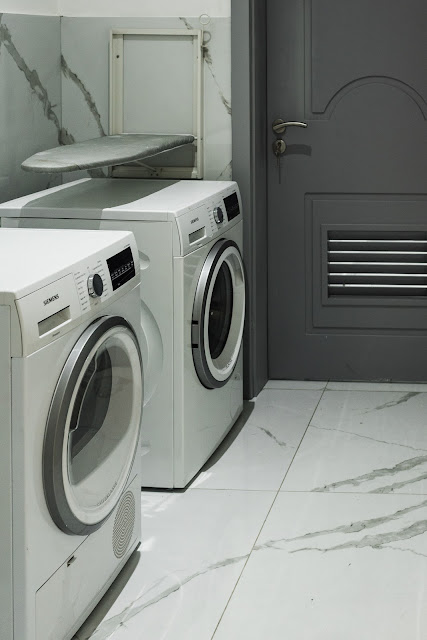How to Reduce Household Energy Consumption
How to Reduce Household Energy Consumption
In today's world, where sustainability and energy efficiency are paramount, finding ways to reduce household energy consumption not only benefits the environment but also saves you money in the long run. Lowering your energy usage doesn't require major lifestyle changes; rather, it involves adopting simple yet effective practices that can make a substantial difference. In this comprehensive guide, we will explore practical tips and strategies to help you reduce your energy consumption, lower your electricity bills, and create a more sustainable home.
Understanding the Importance of Reducing Energy Consumption
Before delving into specific strategies, it's essential to grasp why reducing energy consumption matters. By cutting down on energy usage, you contribute to:
1. Environmental Conservation
Every unit of energy saved translates to reduced greenhouse gas emissions. By using less energy, you help combat climate change and minimize your carbon footprint.
2. Financial Savings
One of the immediate benefits of reducing energy consumption is lower utility bills. With the rising cost of energy, this translates to substantial savings over time.
3. Energy Security
Reducing energy consumption at the household level contributes to overall energy security. It lessens dependence on fossil fuels and makes communities more resilient to energy disruptions.
Practical Energy-Saving Tips
Now, let's dive into the practical strategies and tips to reduce household energy consumption effectively:
1. Upgrade to Energy-Efficient Appliances
Consider replacing old appliances with energy-efficient models. Look for the Energy Star label when shopping for new appliances, as these are certified to consume less energy.
2. Unplug Devices When Not in Use
Many electronic devices continue to draw power even when turned off. Unplug chargers, appliances, and electronics when you're not using them to prevent "phantom" energy consumption.
3. Optimize Your Thermostat
Invest in a programmable thermostat that can automatically adjust the temperature when you're away from home or sleeping. Proper insulation and sealing drafts in your home also help maintain a comfortable temperature without excessive heating or cooling.
4. Use LED Lighting
Replace traditional incandescent bulbs with energy-efficient LED lights. LEDs not only use less electricity but also last much longer, reducing the frequency of bulb replacements.
5. Maintain Your HVAC System
Regularly service and clean your heating, ventilation, and air conditioning (HVAC) system. A well-maintained system operates more efficiently, reducing energy waste.
6. Seal Leaks and Insulate
Check for gaps and leaks in your home's insulation and seal them. Proper insulation keeps your home at a consistent temperature and reduces the need for constant heating or cooling.
7. Energy-Efficient Windows
Consider upgrading to energy-efficient windows, which can better regulate your home's temperature and reduce the need for heating or cooling.
8. Smart Energy Management
Install smart plugs, power strips, and thermostats to monitor and control your energy usage remotely. These devices help you make informed decisions about energy consumption.
9. Renewable Energy Sources
If feasible, invest in renewable energy sources such as solar panels or wind turbines to generate your electricity. This long-term investment can significantly reduce your reliance on traditional power sources.
Conclusion
Reducing household energy consumption is not only an environmentally responsible choice but also a practical way to cut costs. By implementing these tips and strategies, you can make a substantial impact on your energy bills and contribute to a more sustainable future. Lowering your energy usage is a win-win situation, benefiting both your wallet and the planet. Start making these changes today and take a significant step toward a more energy-efficient and sustainable home.




Comments
Post a Comment
Please respect others users and refrain from posting racist, abusive, pornographic or spam-related comments. All such comments will be deleted and the poster may be reported to the relevant body.